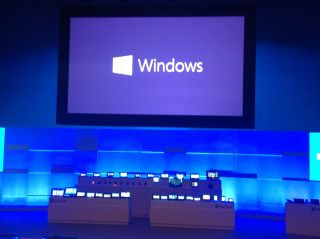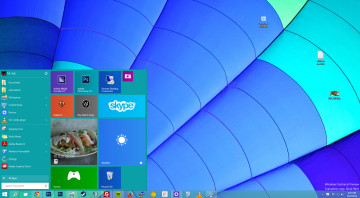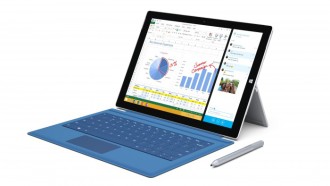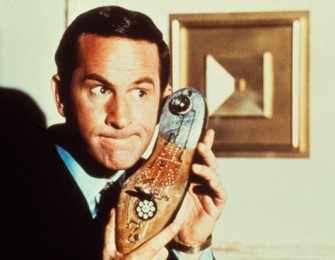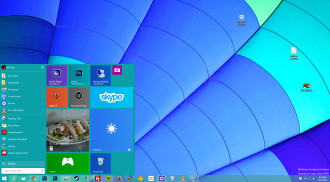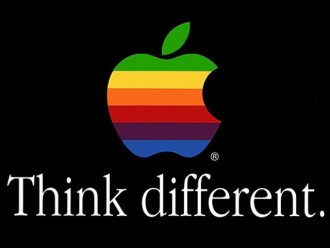 Software giant Microsoft has confirmed that more UK Microsoft resellers will get their paws on Surface tablets as it attempts to open up the channel.
Software giant Microsoft has confirmed that more UK Microsoft resellers will get their paws on Surface tablets as it attempts to open up the channel.
Vole has previously worked with just nine authorised device resellers (ADR) since the tablet first appeared in 2013. It added another six in April. There were only 150 authorised ADR worldwide, so having so few in the UK was not unusual.
At its Worldwide Partner Conference (WPC) in July, Microsoft said it was ready to open up distribution globally and let more resellers in on the action.
Vole said that the channel was going to open to 4,500 resellers worldwide.
It looks like Volish distributers Ingram Micro and Tech Data will have 51 new ADRs on their books from 1 September, pushing the total number in the UK to 65.
Several hundred resellers initially expressed interest in selling the tablet and Ingram and Tech Data, which then whittled them down to a list of 60. Vole cut the list down to 51. This group of resellers will be able to get the Surface tablet from Ingram Micro or Tech Data from next week.
The new ADRs will have the same Microsoft programme benefits, marketing money, rebates and price points available to them.


